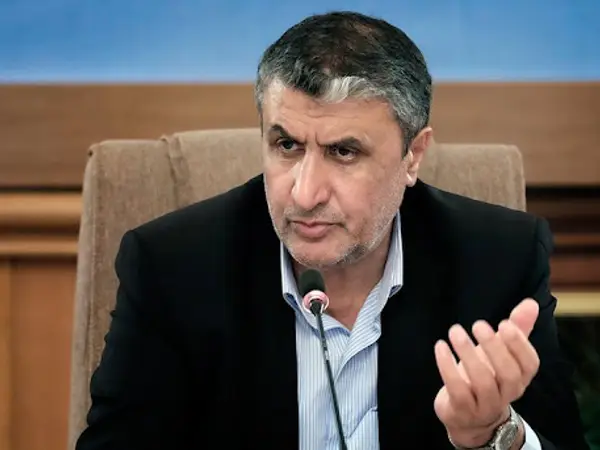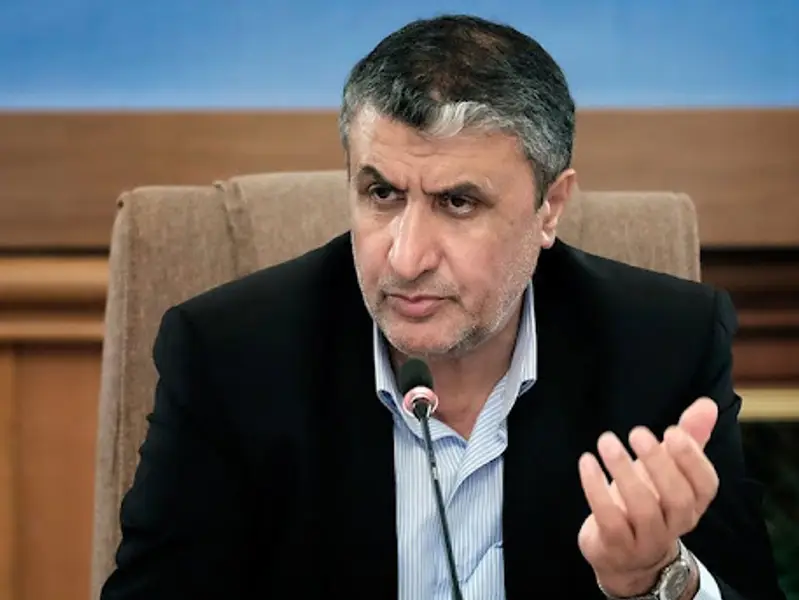The head of Iran’s Atomic Energy Organization has once again accused UN's nuclear watchdog of having “double standards” and not cooperating with Iran’s nuclear industry.
“Not only they did not cooperate, but they also obstructed and prevented the Islamic Republic of Iran from acquiring the equipment, supplies and technology it needed,” Mohammad Eslami claimed, further adding that the International Atomic Energy Agency (IAEA) has been influenced by the “destructive behavior” of global arrogance.
Global arrogance is a phrase of denunciation used by Iranian officials to refer to Western countries, particularly the United States.
Citing the “progress and achievements” of Iran’s nuclear program over the past two years, Eslami stressed that the country’s “strategic plans” are carried out under the guidance of Supreme Leader Ali Khamenei.
He hailed the recent launching of the semi-industrial production line of tellurium hexafluoride at the UCF site in Esfahan, saying this “important action” was the result of “hard and complicated research.”
In an interview with Iran International on Thursday, leading nuclear weapons expert David Albright warned that this is the time when “Iran may decide to make nuclear weapons.”
In June 2022, Iran removed all IAEA surveillance and monitoring equipment, needed to monitor the implementation of the 2015 JCPOA nuclear accord from its nuclear installations and since March it agreed to put them back on operation, but it has been stonewalling the process ever since.
In September 2023, IAEA head Rafael Grossi said “significant safeguards issues remain outstanding” in Iran’s nuclear program. According to the head of the UN's nuclear watchdog, the major issue remains traces of uranium the inspectors found at three sites previously undeclared. Tehran has failed to provide satisfactory answers.

